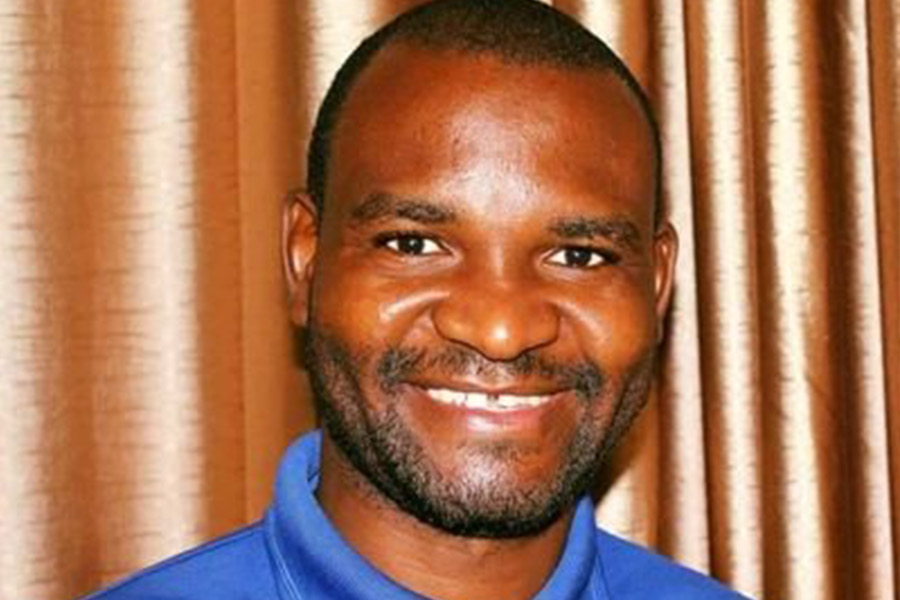ZODIAK ONLINE
Sect. 5, P/Bag 312
Lilongwe, Malawi

Children in Malawi continue to face serious and persistent challenges in health, nutrition, and education, according to UNICEF’s 2024 Annual Report—despite progress made in some key areas over recent years.
The report highlights poverty, economic instability, and a fragile healthcare system as ongoing threats to children’s well-being and development.
Health and Nutrition Struggles
One of the most alarming findings is the rise in measles and other preventable diseases, underscoring low immunization coverage and critical shortages of vaccines and essential medicines.
“Diseases that should be entirely preventable are putting children’s lives at risk,” states the report. “No child should die from measles or malnutrition in 2024.”
Malnutrition continues to worsen due to climate shocks, including floods and prolonged droughts. More than 62,000 children under five were at risk of severe acute malnutrition in 2024.
“Children are bearing the brunt of climate change and economic hardship,” the report states. “Without urgent action, we risk losing an entire generation to hunger and preventable illness.”
UNICEF responded with emergency aid, reaching millions of children with food, health services, and cash-based support.
Education: Enrollment Rising, Completion Lagging
In education, while enrollment has improved, many children are not completing school. Only 49 percent of children finish primary school, and fewer than one in four complete lower secondary education.
“Poverty, early marriage, and long distances to school are keeping too many children—especially girls—out of the classroom,” said UNICEF. “Education is the most powerful tool we have to break the cycle of poverty.”
To help address these barriers, UNICEF provided over 385,000 desks to improve learning environments and awarded scholarships to nearly 29,000 girls in 2024 to promote access and retention.
Progress Made—but At Risk
Despite these challenges, Malawi has made progress in reducing child and maternal mortality, expanding access to HIV treatment, and increasing vaccination coverage. However, UNICEF warns that these gains are fragile.
“We’ve seen what’s possible with the right investment,” said UNICEF. “But funding gaps could stall or even reverse the progress we’ve made, especially in the fight to eliminate HIV in children by 2030.”
Call for Action
Child rights advocate Amos Chibwana echoed the need for urgency and accountability: “We have strong policies on paper, but unless they are implemented at all levels, children will continue to suffer in silence. We need more than promises—we need protection and action.”
UNICEF concludes the report with a strong call for sustained investment, cross-sector collaboration, and bold leadership.
“Malawi’s children are resilient,” the report reads. “With the right support, they can thrive—but the time to act is now.”